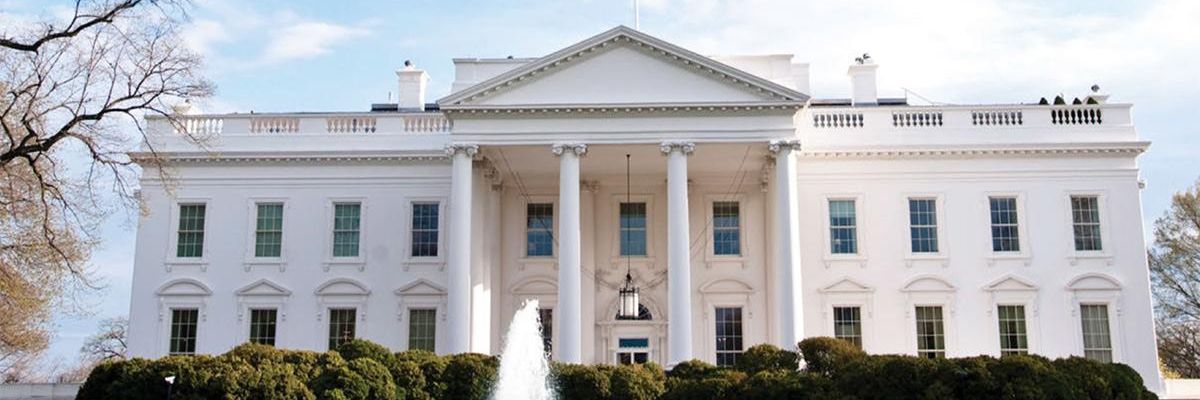Last week, the US Department of Energy released a revised scientific integrity policy in what was likely the last move by the Obama administration to promote scientific integrity in federal decision-making. But we cannot forget the many steps that preceded it. Today, the Union of Concerned Scientists releases a report, Preserving Scientific Integrity in Federal Policymaking: Lessons from the Past Two Administrations and What's at Stake under the Trump Administration. The report characterizes the progress, missteps and unfinished business of scientific integrity under the Obama administration and considers what's at stake under the Trump administration.
How will our new president treat government science? Will his administration follow the new scientific integrity policies now in place at federal agencies? And importantly, will the new policies and practices across the government be able to safeguard science through his presidency?
We've certainly seen some alarming indicators of how President Trump will respect science. In addition to spreading false information on climate science, vaccines, and wind farms (to name a few), we continue to see cabinet nominees with strong records of disparaging science or undermining science-based policies. It is hard to imagine a Trump administration where science won't be politicized.
To be fair, as the report details, the Obama administration was not without missteps when it comes to politics overriding science (Think: ozone and emergency contraception). But it's easy to forget where we came from.
Scientific integrity from Bush to Obama: We've come a long way, baby
In the early 2000s, reports started trickling out revealing that the George W Bush Administration was misusing science. We heard from government scientists across federal agencies that their work was being suppressed, manipulated, or misused by political forces. And this was happening across federal agencies and across issue areas--from FDA drug approvals to education to endangered species to climate change. The scientific community was caught off guard. Never before had political interference in science been so pervasive and so widespread across the government.
But the scientific community fought back. The Union of Concerned Scientists organized 15,000 scientists to tell the administration that this disrespect of science would not stand. We surveyed thousands of federal scientists to quantify and document the state of science in federal decision-making. We developed detailed policy recommendations--many of which were ultimately enacted by the next administration. We got strong media coverage, pushed other prominent scientific voices to speak out on this issue, and raised the political price of misusing science for political purposes. The administration ultimately walked back on several political moves where science had been undermined.
When the next president came in, scientific integrity was high on the agenda. In his inaugural speech, President Obama vowed to "restore science to its rightful place" and took several steps in his first hundred days to do so. There are now scientific integrity policies at 24 federal agencies. While they vary in quality, the policies are designed to guard against the kind of abuse we saw under the Bush administration. Many federal scientists now have more rights written into their agencies' policies--rights to share their scientific work with the media and public, rights to review documents based on their science before their public release, and rights to share their work in the scientific community. Many policies also explicitly prohibit political appointees and public affairs staff from manipulating agency science, and some agencies have instated scientific integrity officials to oversee the new policies. We have a long way to go in terms of ensuring these policies are implemented, but we are certainly in a better place than we were eight years ago.
Scientists to Trump: We are ready and watching
So how will government science fare under Trump? Scientists are not just going to wait and see. More than 5,500 scientists have now signed onto a letter asking the president-elect to uphold scientific integrity in his administration. Government scientists are more prepared to recognize losses in scientific integrity than ever before and they are now equipped with more tools for dealing with it when they occur. Scientists everywhere are archiving government data and websites, watching every move of the administration, and prepared to hold the new administration accountable when they misuse science or target scientists. We know what's at stake. We've come too far with scientific integrity to see it unraveled by an anti-science president. It's worth fighting for. And I won't sit on the sidelines.

